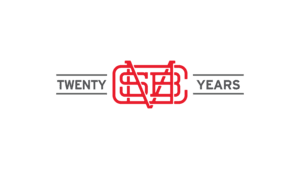Industries
Automation Intelligence has served businesses in a number of industries. Our custom-tailored solutions are applicable across a broad range of manufacturing companies. Here are a few areas where we have specialized experience.
Automotive
In the automotive industry, automation transforms production lines, making them faster, more efficient, and safer. Robots and automated machinery are used for welding, painting, assembly, and quality control, reducing the time it takes to produce vehicles while ensuring high standards of quality and precision. Automation also allows for customization in manufacturing, meeting consumer demands more flexibly and efficiently. The reduced need for manual labor minimizes the risk of accidents and injuries, enhancing workplace safety.
Construction
In the construction industry, especially in the realm of pre-manufactured homes, automation is playing a pivotal role in streamlining production. Automated machinery and assembly lines in factories assemble large sections of homes, such as walls and roofs, with remarkable speed and precision. This process not only accelerates the construction timeline but also ensures a consistently high quality of the build. The ability to produce components in a controlled environment minimizes the impact of weather delays and enhances worker safety.
Warehouse
In the warehouse industry, automation plays a crucial role in inventory management, sorting, packing, and shipping processes. Automated storage and retrieval systems (AS/RS), robotic pickers, and conveyor belts streamline operations, significantly reducing the time it takes to process orders. This efficiency is vital for meeting the demands of e-commerce and retail distribution. Automation also reduces human error and improves workplace safety by handling heavy lifting and repetitive tasks.
Food & Beverage
Automation in the food and beverage industry enhances production speed, consistency, and safety. From processing ingredients to packaging finished products, automated systems ensure precise portion control, reduce contamination risks, and maintain high hygiene standards. This industry benefits from the ability to rapidly adjust production lines for different products, meeting changing consumer preferences while ensuring regulatory compliance.
Manufacturing
In manufacturing, automation is key to competitiveness, productivity, and innovation. It encompasses a wide range of applications, including machining, assembly, testing, and packaging. Automated systems and robots improve precision and allow for continuous operation, significantly increasing output and reducing costs. Customization and flexibility in production are enhanced, enabling manufacturers to respond quickly to market changes. Additionally, automation reduces the physical strain on workers and creates a safer working environment.
